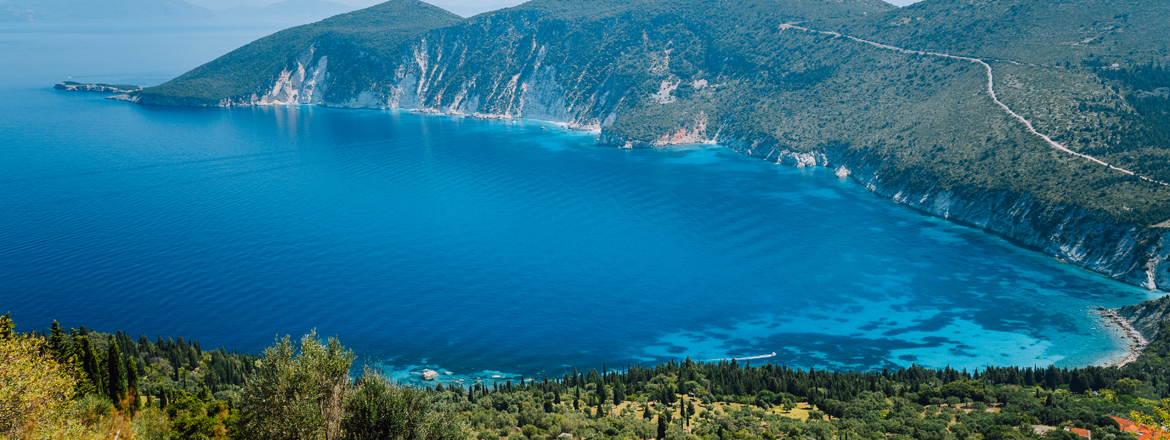The Mediterranean Sea is host to 10.000 islands, 2.000 of which are home to stable dwellings, societies, economies, with two of them – Cyprus and Malta – being Island States. The UfM joined Islands the Local 2030 Partnership to advance the Sustainable Development Goals in Mediterranean Islands at the official side event at the 2023 UN High Level Political Forum on “Islands Leading on Localised SDG Implementation”, on 14 July 2023.
As fragile and exposed ecosystems, and delicately balanced societies that express the positive potentials of such ecosystems, more than anyone else the Mediterranean Islands face the threat of a fast-paced climate crisis: while the waters of the Sea are globally the fastest warming and fastest rising, the Mediterranean basin warms 20% faster than the global average, and that the region is one of the main climate change hotspots in the world, where 250 million people are projected to be considered “water poor” within 20 years. With current policies, temperatures are expected to increase by 2.2ºC (compared to pre-industrial level) by 2040.
Actions adapted to insular specificities have been undertaken in the Mediterranean – in some sectors like clean energy generation and self-sustaining renewable-based independence, waste management, or agriculture – it is still a rush against time to build overall resilience. And while such islands will be victims of exacerbated climate impacts, they are also home of solutions, many of which representing a contemporary version of millinery traditional knowledge, such as the techniques that allowed some islands to thrive as centers of civilisation even lacking springs of fresh water and with elaborate systems of rainwater collection.


